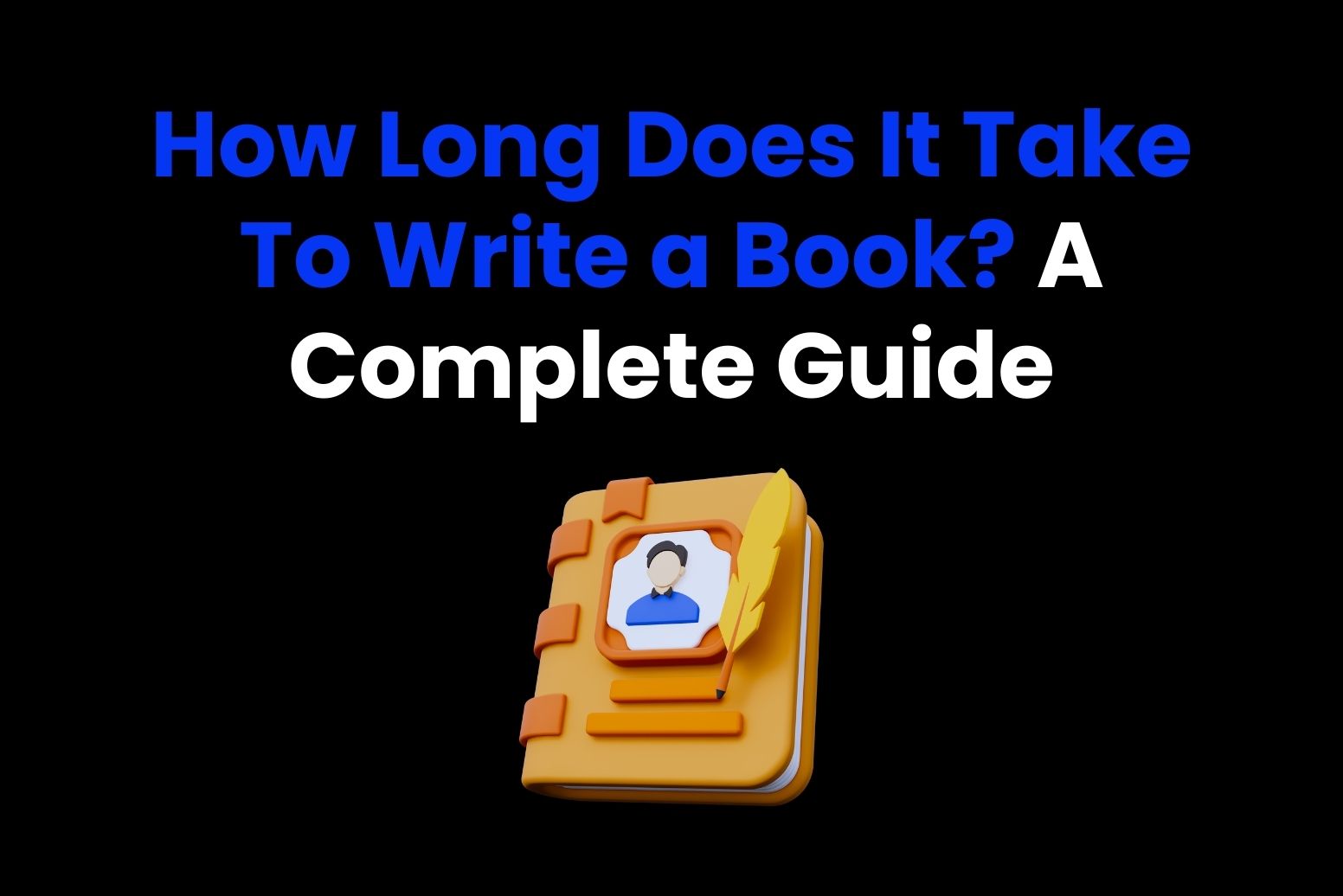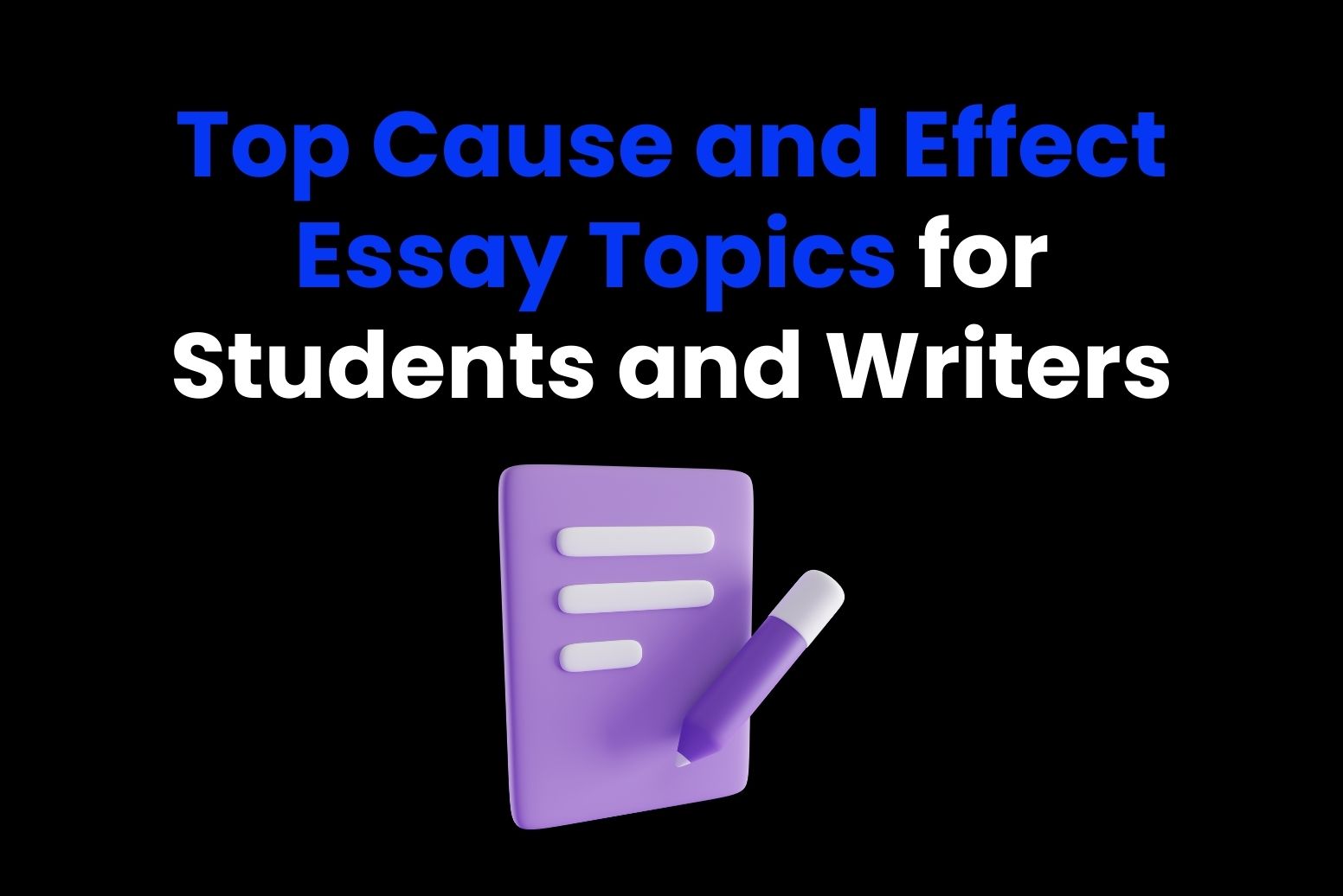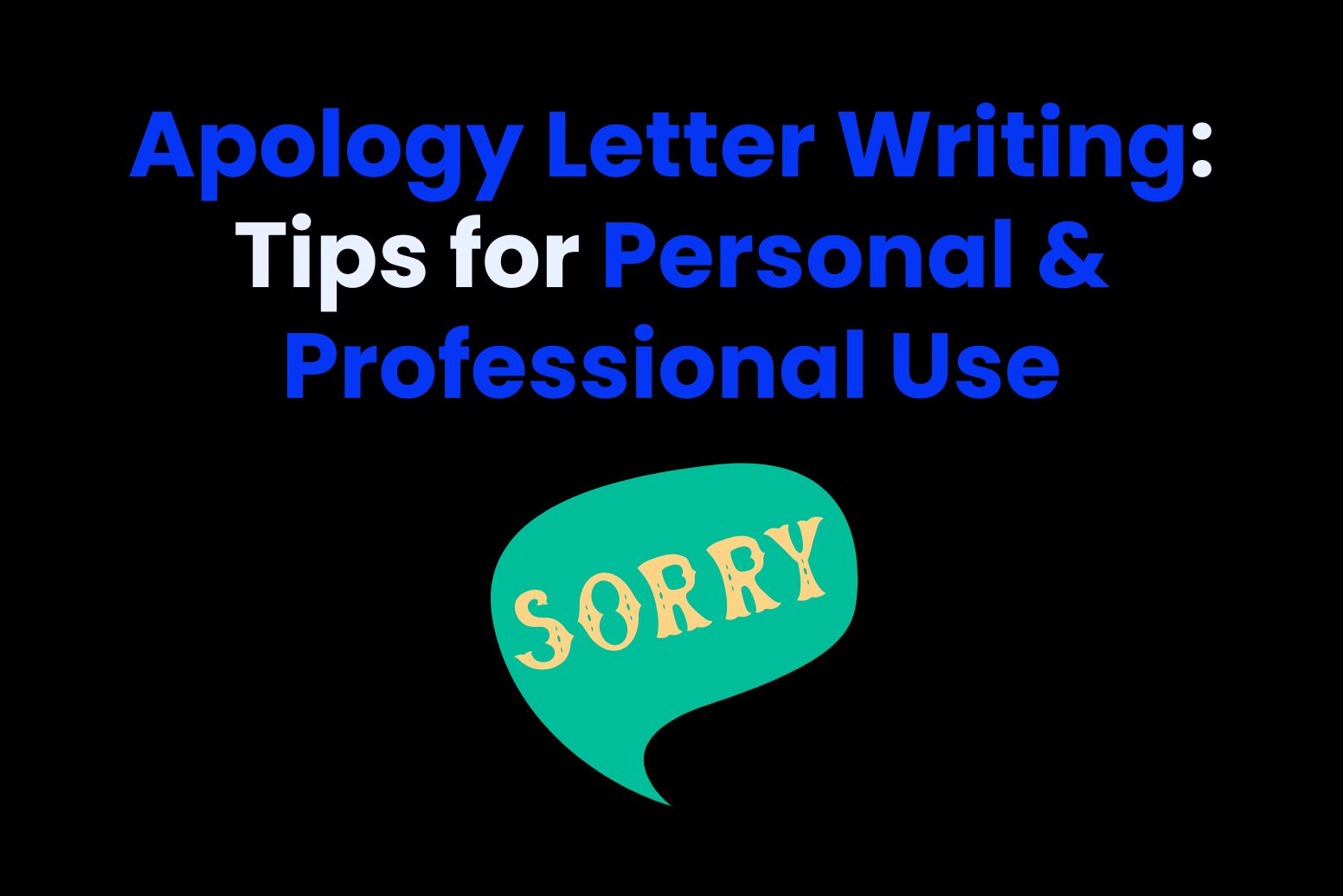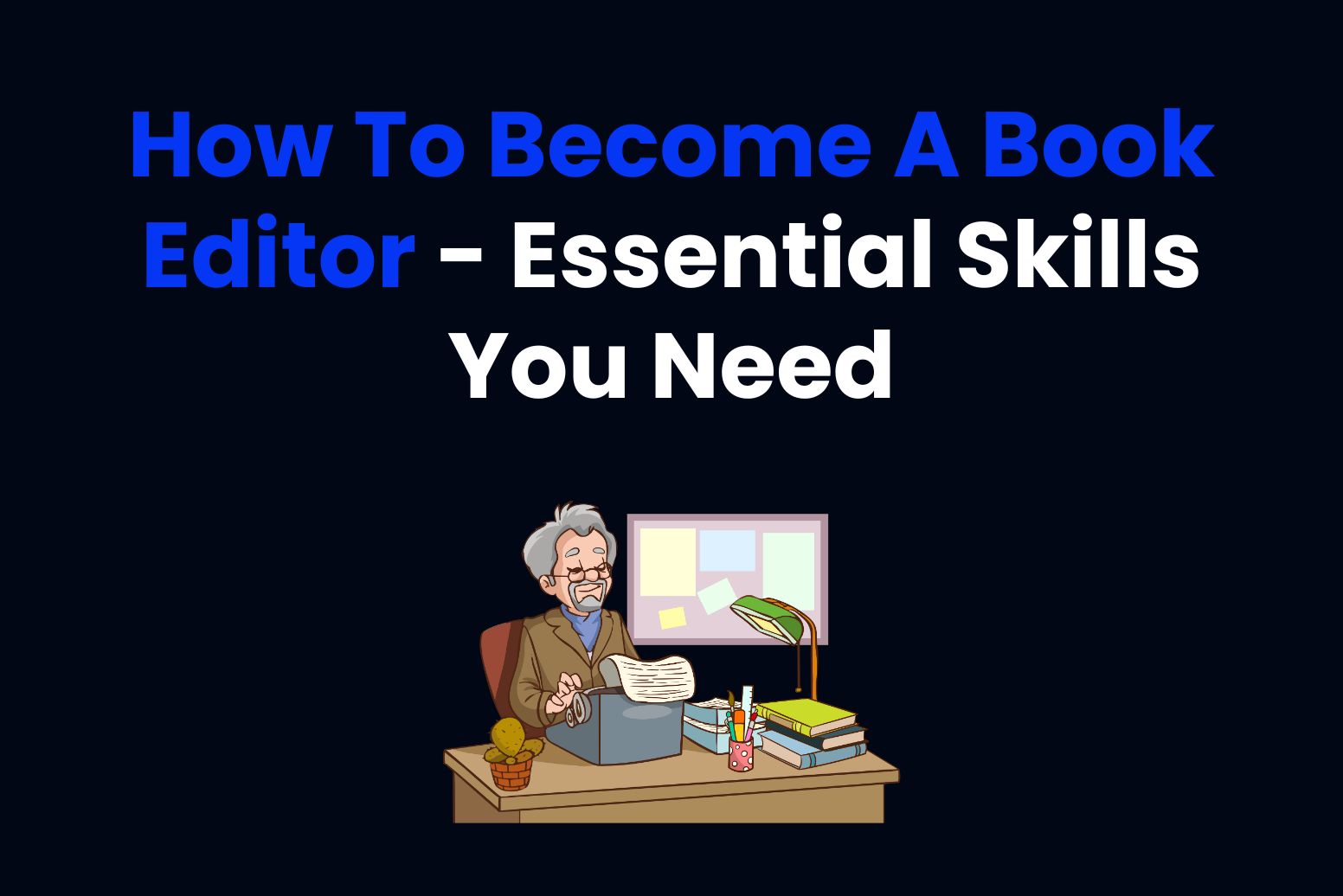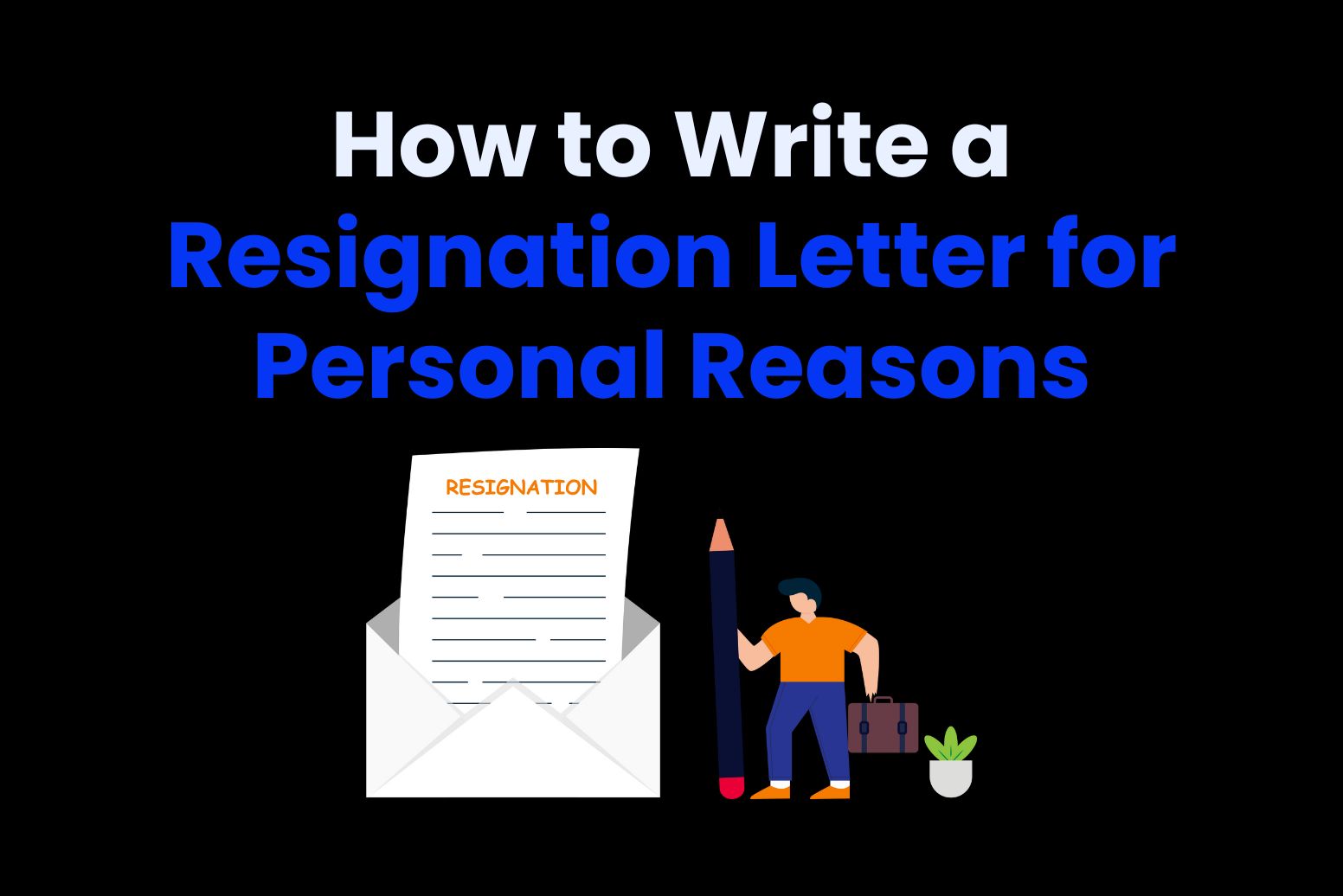Did you know that it can take you over 5 years to write a story? Just kidding, got you! One of the most common questions writers ask is, “How long does it take to write a book?” The answer isn’t as straightforward as you might think because it depends on so many factors. Are you writing a short story or a full-blown novel? Do you have a detailed outline, or are you just going with the flow? Are you a seasoned writer or just starting out?
In this article, we’ll break down the different timelines for writing stories of various lengths, the factors that can affect your pace, and tips to help you stay on track. By the end, you’ll have a better idea of how long does it take to write a book and how to make the process as smooth (and fun!) as possible. Let’s get started!

Factors That Affect How Long Does It Take To Write A Book
In writing, no two people are the same. See, it’s like you’re baking a cake for the first time, and it took you an entire day to make it, but you’re just comparing yourself to the professional baker who made it in just 1 hour! Here are the most important things that can change how long does it take to write a book:
Your Writing Routine
Your writing is like working out (minus the sweating). If you write every day, even for 30 minutes, you’ll see steady progress. But if you’re more of an “I’ll write it on Saturday”, your glow-up will take forever to come.
Take Lucy, for example. She’s a busy mom who writes at night after putting her kids to bed. Her pace is slow but steady—she writes 200 words a day. Then there’s Max, who’s single, fueled by coffee, and can easily write 2,000 words every weekend. Both will finish their stories, but Max will likely finish first (unless Lucy’s toddler gives her a plot idea that turns into pure gold.)
Moral Of The Story: You need a consistent routine, even if it’s as small as writing for thirty minutes every day. But hey, life happens, so don’t beat yourself up if you miss a day (or three).
Story Complexity
Imagine two writers: Sarah is writing a sweet romance about two coffee shop rivals who fall in love. John is writing an epic fantasy about a cursed warrior, a talking dragon, and a rebellion against an evil king. Who do you think will be able to complete the book first?
Obviously, Sarah will win this race, not because she’s a rabbit or something, but because John’s story is quite complex. The twists and turns John has to think of to keep the story engaging will take more time.
Pro Tip: If your story starts feeling like John’s, grab a notebook or use remote work tools to map out your ideas and stay organized. It’ll save you a headache later!
Research Needs
If you’re writing a book about a neurosurgeon and you have studied botany, it’s only natural you spend quite some time looking into medical documentaries and reading articles. All the research you need to write a good book that is based on facts will definitely take more time as well.
But in the end, after spending so much time, at least you’ll have a piece you’re proud of! Just keep an eye on the clock or use some time management tools so that you don’t get stuck learning about random facts forever.

Experience Level
If you’re a new writer, you might find yourself overthinking every line you write. You’ll be stuck with questions like “Is it too cliché?” or “Would my readers judge me for writing this”? Once you start getting more experience (after writing more, of course), you’ll know that you can fix the sentences later, so you just keep moving forward instead of going back to the same spot every time.
It’s okay to be slow when you’re starting out. Every writer was a beginner once. The more you practice, the better and quicker you’ll get. You’re a writer; do we need to remind you that slow and steady wins the race?
Editing And Revisions
Here’s a secret: the first draft is never the final draft. Even bestselling authors revise their work (sometimes even obsessively). This process takes time and effort, sometimes as much as writing the first draft, but it’s worth it. The number of revisions you do will also affect how long does it take to write a book.
If you’re hiring an editor to edit your book, it may take even longer. However, it’s worth the wait because, by the end of your editing phase, you’ll have a polished book ready to be loved by thousands.
Step 1: Coming Up With An Idea (1 Week To Forever)
This is where your journey begins. You need an idea or a spark that makes you think, “I want to write about this”. Some writers have a moment of inspiration and run with it. Others sit on an idea for months, even years, before it feels ready. No matter which one you are, both are totally normal.
Where Do Ideas Come From?
Your book idea can come from anywhere! Here are some of the most common places where ideas are born:
- Fiction: For fiction writers, ideas might come from dreams, movies, TV shows, or simply observing the world around you. Maybe you’re sitting in a coffee shop and notice a conversation that sparks your imagination. Or maybe you daydream about a character with a unique superpower or a plot where something unexpected happens (hello, plot twist!)
- Nonfiction: For nonfiction, your idea may come from something you’re passionate about or an area of expertise. Do you have a hobby or skill you’re really good at? Or perhaps a life experience that’s left you with something important to share? Nonfiction books are all about taking your knowledge, stories, or lessons and putting them into words that others can learn from or enjoy. This could be anything from a how-to guide, a memoir, or even a collection of personal essays.

Step 2: Planning The Journey (2 Weeks to 1 Month)
Alright, now that you’ve got your big idea, it’s time to make a plan. You don’t need to have every single detail mapped out, but a rough outline will help you avoid getting lost along the way. It will tell you which direction to head in.
A plan helps you get through those tough days when you don’t feel like writing. If you know where you’re headed, it’s much easier to put pen to paper (or fingers to keyboard) because you already have a starting point.
How to Plan Your Book
Here’s how you can plan your book:
- Start with the Big Picture:
What’s your story about? What’s the main message or plot? This is your book’s core, the heart of what you’re trying to say.
- Break It Down:
Now that you’ve got your big picture, it’s time to zoom in and break it down into smaller pieces. Think of your story in chunks: chapters, sections, or key scenes. Write down the major events or turning points—this is like creating the blueprint of your book. You don’t have to get into all the details yet; just note the important moments.
- Set Milestones:
You know how when you’re on a long drive, you have those signs that say, “Next gas station: 50 miles”? Milestones are your equivalent of those signs. They keep you going, especially when the journey feels endless. A milestone could be finishing a chapter, writing a specific number of words, or reaching a certain plot point. For example, “By the end of this month, I want to have completed Chapter 3.”

Step 3: Writing The First Draft (3 to 12 Months)
Now it’s time for the fun and the chaos: writing your first draft! This stage is where the magic happens, but let’s be real; it can also get messy. You might find yourself loving every word one day and hating everything you’ve written the next. But that’s the journey, and that’s what makes it all exciting! Just start writing and stop stressing about how long does it take to write a book.
How Much Should You Write Each Day?
It really depends on your lifestyle and goals, but having a set daily word count can help keep you on track. Here’s a rough guide to give you an idea of how long does it take to write a book:
- Casual Pace: If you write around 500 words a day, you’ll finish your first draft in about 3 to 6 months for a 60,000-word book. Not bad, right?
- Fast Pace: If you’re feeling ambitious and can commit to 1,500–2,000 words a day, you could finish your first draft in 1 to 3 months. But remember, this pace can get exhausting if you don’t take breaks, so make sure you’re being kind to yourself.
Step 4: Editing And Polishing (2 to 6 Months)
Congrats, you’ve finished your first draft! But wait, it’s not time to share it with the world just yet. Editing is where you make your work shine. It is like a messy room that has got great stuff in it, but it needs some tidying up.
Editing Checklist
Here’s a quick editing checklist you can follow:
1. Big Picture Changes:
If something doesn’t feel right or a scene doesn’t move the story forward, this is where you clean that up. Maybe you realize your main character needs a deeper backstory or a plot needs more attention. This is where you shape your story into something more solid.
2. Line Edits:
Once you’re happy with the bigger changes, it’s time to polish your sentences. You’ll want to focus on smoothing out awkward phrases and tightening your writing. If a sentence feels clunky or repetitive, now’s the time to fix it.
3. Proofreading:
Almost done! Now it’s time to catch the little things—typos, grammar mistakes, and punctuation errors. You might want to read your manuscript out loud or use a tool like Grammarly to catch things you might’ve missed. And hey, for Grammar issues, you can rely on Arvin AI’s grammar checker to give you an error-free story:
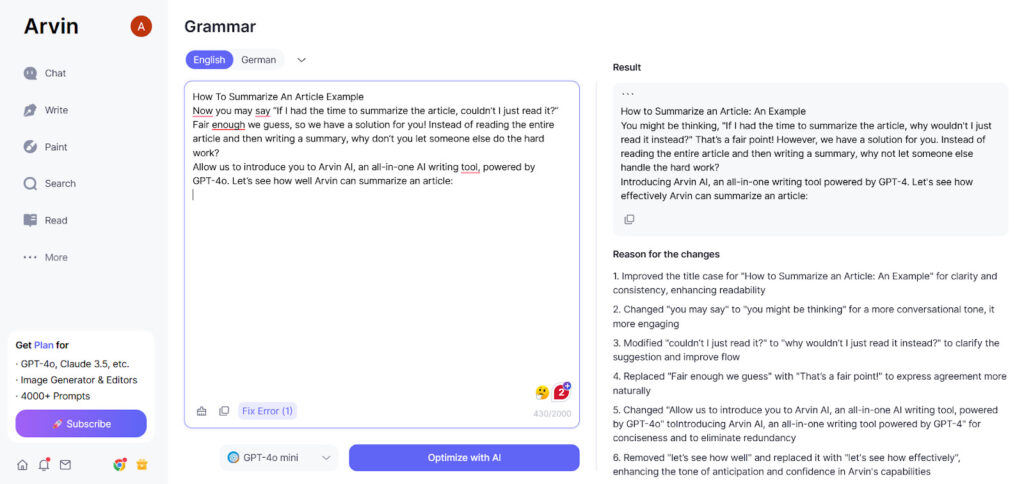
The Power Of Feedback
We know it sounds scary, but you need to get feedback on your work at this stage. Share your draft with a trusted beta reader or you can also join a writing group. Fresh eyes can spot things you didn’t notice, and they can give you valuable insights into what’s working and what isn’t. Hey, don’t be afraid of criticism; remember, it’s all about making your book the best it can be.
Step 5: Publishing Prep (1 Month To A Year)
You’ve written your book, edited it, and now you’re ready to share it with the world. But how? There are a few different paths you can take, depending on how you want to publish and what your goals are. Let’s talk more about these in detail:
Publishing Options
Here are a few publishing options you can pick from:
1. Traditional Publishing:
Traditional publishing means submitting your manuscript to agents and publishers. This process can take a while (sometimes months or even years). But if you go this route, you’ll have a team of professionals behind you, including editors, marketers, and designers. It’s a great option if you want to reach a larger audience and don’t mind waiting for the process to move forward.
2. Self-Publishing:
If you want more control over the process and don’t want to wait, self-publishing is a great option for you. Platforms like Amazon Kindle Direct Publishing (KDP) let you publish your book on your own timeline. Yes, you’ll have to do more of the work yourself, but you’ll also keep more control over your book and profits.
What If You’re Scared To Share Your Work?
It’s completely normal to feel scared or nervous about putting your work out there. Every writer has that fear of judgment, but you’ve put your heart and soul into this project, and that’s something to be proud of.
No book is perfect, and no one expects it to be. If you’ve done your best, that’s all that matters. So take a deep breath, hit publish, and remember, there’s someone out there who’s going to connect with your story.

FAQS About How Long Does It Take To Write A Book
Here are a few of the most frequently asked questions about how long does it take to write a book:
How long should a story be?
There’s no set length for a story because it depends on the type of story you’re telling. A short story might be a few thousand words, while a novel can be tens of thousands. Focus on telling the story in as many words as it needs without unnecessary fluff. Here’s a good starting point:
- Novels: 70,000–100,000 words (some genres, like fantasy, can go longer).
- Nonfiction: 40,000–80,000 words.
- Children’s Books: 500–1,000 words for picture books, 20,000–50,000 for middle grade.
How many drafts should I write before finishing a story?
There’s no set number of drafts. Some writers will finish their book after a couple of edits, while others go through five or more drafts. Focus on revising until you’re happy with the story and it feels polished. Quality is more important than the number of drafts.
Can I write a book in 3 months?
Yes, you can write a book in 3 months! It all depends on your commitment, the length of your book, and how much time you can dedicate to writing. For example, if your goal is a 60,000-word novel, you’d need to write about 667 words a day to finish in three months. That’s roughly the length of two average emails or a page and a half of writing each day.
Do I need fancy software to write a book?
Absolutely not! Writing a book doesn’t require any fancy tools; you just need a way to put your words down. Many bestselling authors have written entire books using nothing more than Microsoft Word or Google Docs. These basic tools are easy to use, reliable, and often all you need to start.
That being said, there are some writing programs designed to make the process smoother, especially if you’re working on a complex book with lots of moving parts (multiple characters, timelines, or research).
Take Home Message
So, all in all, how long does it take to write a book? Well, the answer is as unique as your story. Maybe it’ll take you a few months, or maybe it’ll be more of a “slow and steady” kind of thing. But no matter how long it takes, just remember that every word you write brings you one step closer to the finish line.
Don’t rush, and try to find time to write your book every day. And on days you hit writer’s block, remember that you have Arvin AI ready to help! Your story is waiting to be told, and trust us, it’ll be worth the wait.

